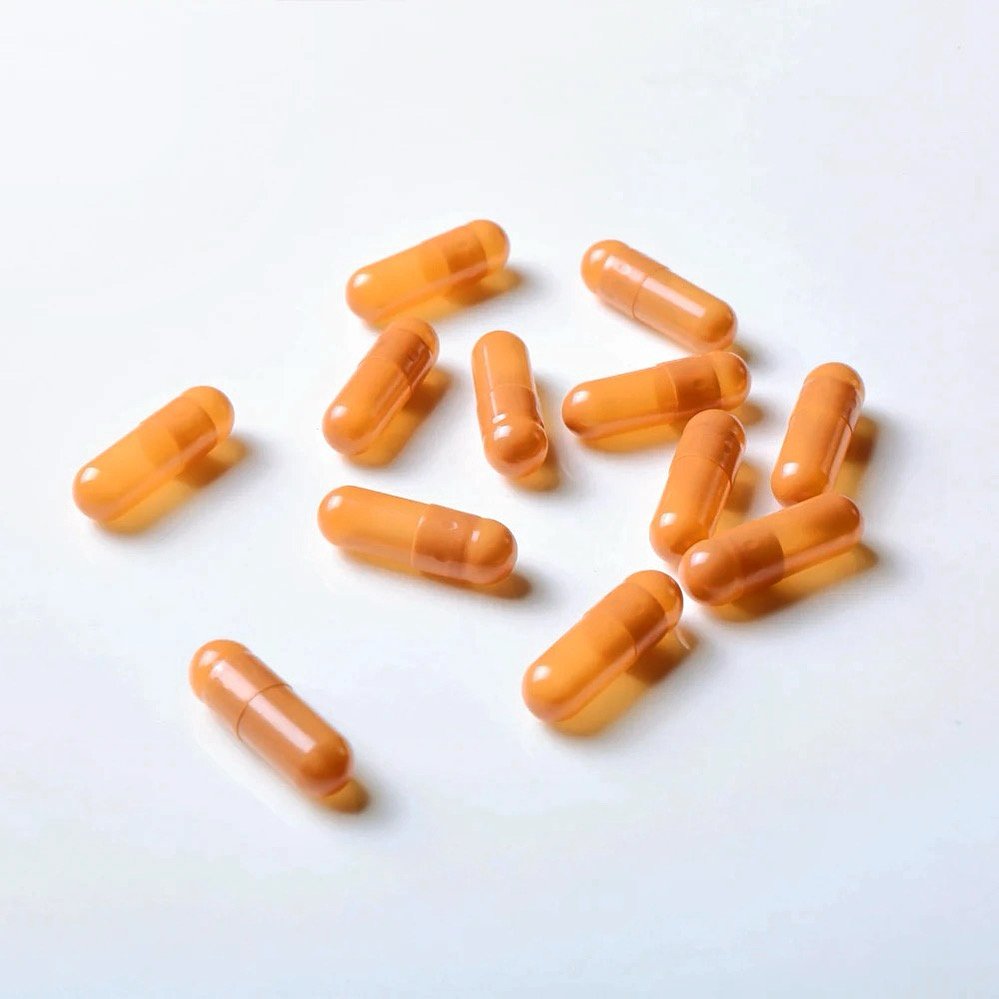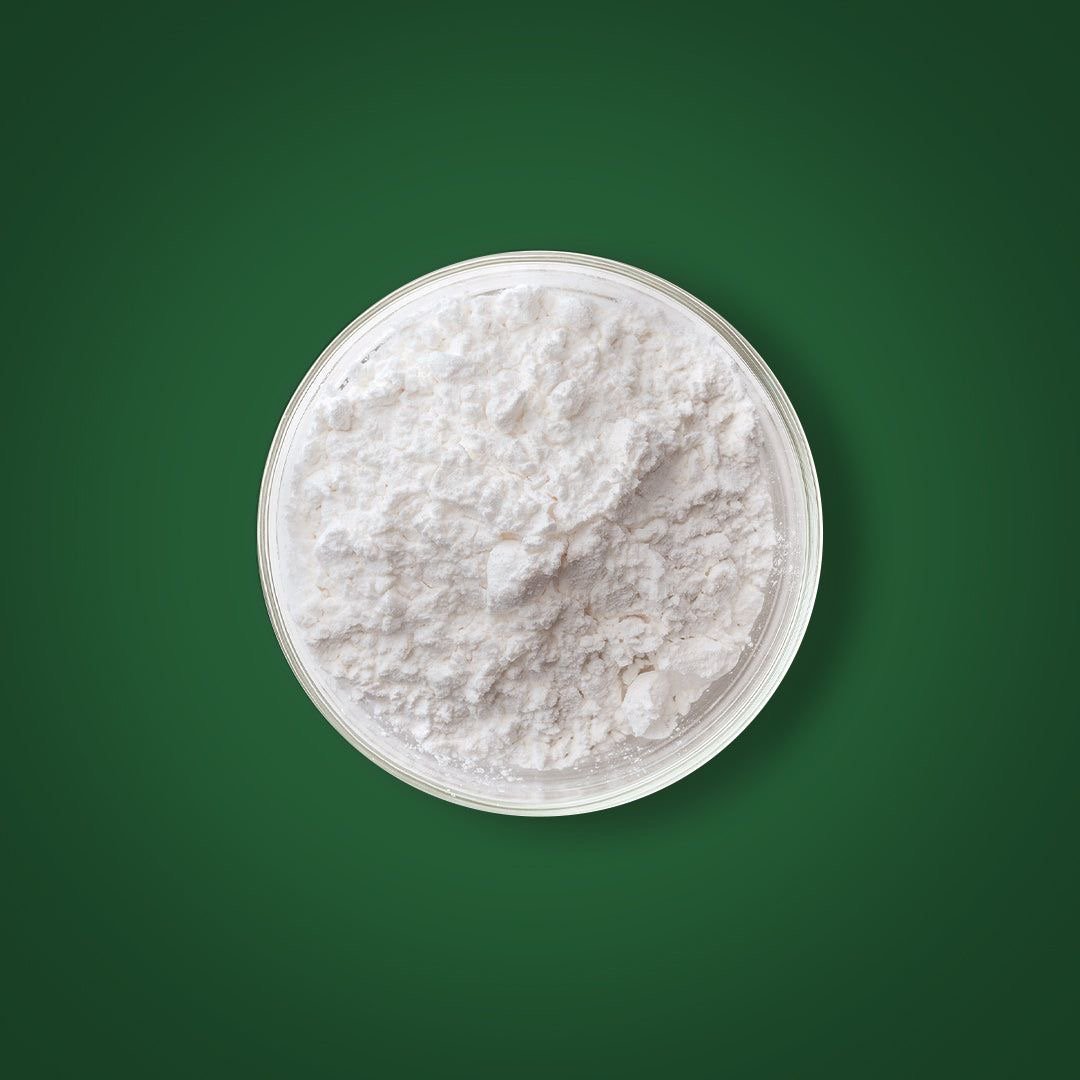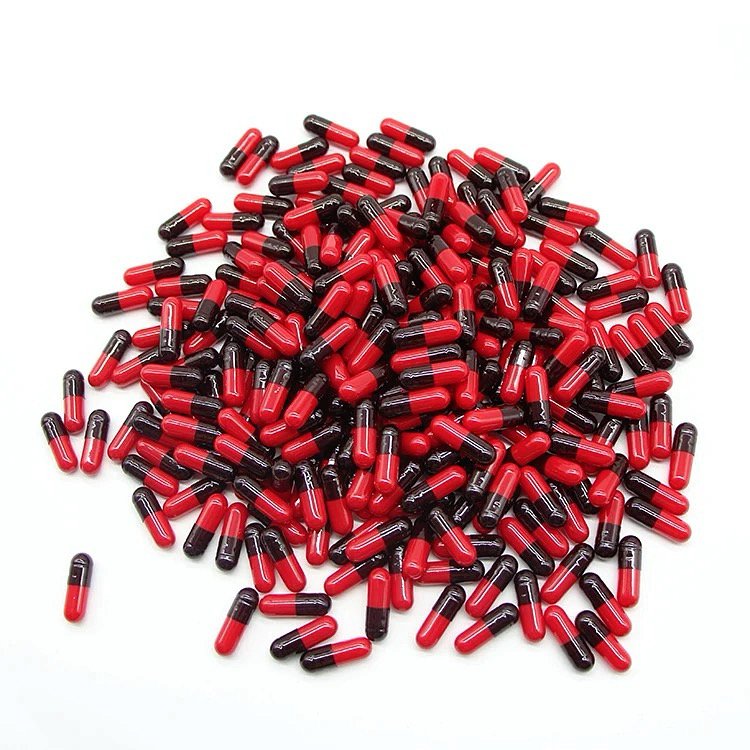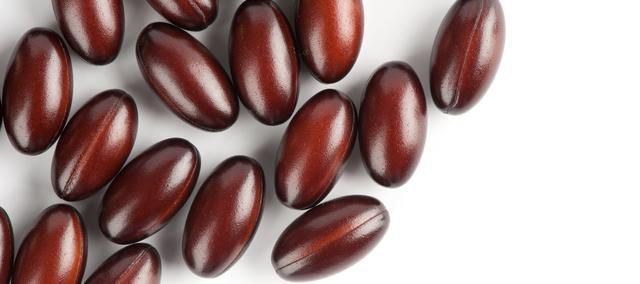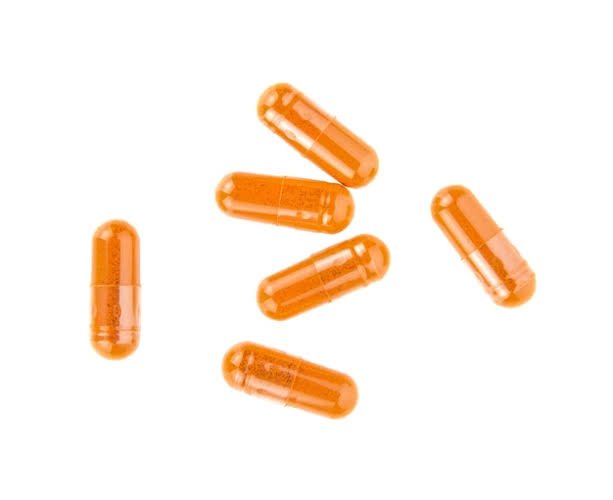
Have you ever found yourself curious about what exactly is in your vitamin supplement, especially in the context of the European market for nutraceuticals? Perhaps you’ve felt frustrated because the label doesn’t provide as much information as you’d like. In response to customer demand and the growing interest in transparency, vitamin companies in the European nutraceutical market are increasingly disclosing the sources of their supplement ingredients. This concept of ingredient sourcing, although more commonly associated with the food industry, is becoming equally relevant in the world of nutraceuticals due to the industry’s relative lack of stringent regulations and the wide range of products available.
Why should we care where supplements are sourced from?
But why should you care about where your supplements are sourced from in the European market? The primary reason is to gain a better understanding of the contents of your supplements and to be aware of the kinds of ingredients you should avoid. Unlike pharmaceuticals, which are subject to strict regulations, the nutraceutical industry in Europe operates with more leniency. This lack of stringent oversight means that consumers must take extra care to research and vet the supplements they consume.
In the absence of regulation, how can I be certain about the safety of what I’m consuming?
Given that regulations are less rigorous in comparison to those for drugs, you might wonder how you can ensure the safety of the supplements you take in the European nutraceutical market. The key is to do your research before making a decision. The industry often relies on an honor system, largely due to limited resources. Unfortunately, infractions and quality control issues are not uncommon.
A recent report from ConsumerLab, a publisher of test results on health, wellness, and nutrition products, revealed that more than half of the audited supplement manufacturers were cited for failing to follow basic quality control practices, such as establishing specifications for the identity, purity, and strength of finished products and conducting ingredient tests.
What’s the difference between natural, synthetic, whole food supplements and food-based supplements?
Now, let’s delve into the differences between various types of vitamins commonly found in the European nutraceutical market, focusing on natural, synthetic, whole-food, and food-based supplements.
Natural Vitamins: Sourced from ingredients found in nature. Such as fruits, herbs, and other natural sources.
Whole-Food Vitamins: Extracted from vegetables, fruits, and medicinal plants. They are recognized and absorbed by your body as whole-food complexes. While they may contain smaller amounts of nutrients, they are free from fillers and binders that can affect nutrient bioavailability.
Food-Based Vitamins: Food-based vitamins take a hybrid approach, blending synthetic and natural vitamins with vegetable proteins using enzymes. These supplements often combine natural and synthetic nutrients, with a whole-food or herbal base. They minimize stomach upset and enhance the overall bioavailability of the supplement.
Synthetic Vitamins: Created in a laboratory through synthetic processes, made from isolated nutrients derived from natural sources. The manufacturing process involves chemicals, solvents, and heat to distill or reduce nutrients into isolated chemical structures known as “pure” vitamins.
The important questions about your supplements
While understanding these distinctions can be helpful, choosing the right supplement in the European nutraceutical market can still be challenging. Here are five essential questions to consider before making a selection:
Is the product independently tested? Independent testing helps ensure that the supplement contains what it claims and is free from impurities. Look for seals of certification as an additional indicator of purity.
Does the manufacturer have a good reputation for quality control, research, and customer service? Researching the manufacturer’s reputation through independent reviews, certifications, or healthcare practitioner recommendations can provide valuable insights into their practices.
Is the product backed by clinical research? Especially important if you are taking a supplement for specific health reasons, ensure that the product has research supporting its efficacy, which should be readily available on the company’s website.
Are there unnecessary additives in the ingredients list, such as sugar, lactose, dyes, or flavors? Keep an eye out for unnecessary additives like artificial sweeteners or dyes, as shorter ingredient lists are generally better.
Does the product clearly disclose its ingredients and sourcing? Look for labels that explicitly mention “ingredients” and “sourcing” to ensure transparency and quality sourcing of the components.
In the ever-evolving European nutraceutical market, where the choice of supplements is vast, being an informed consumer is essential. By considering these factors and understanding the nuances of ingredient sourcing, you can make more informed decisions about the supplements you choose to support your health and well-being.
Looking for more information about raw materials or any other of our products? Our team is ready to help you!
